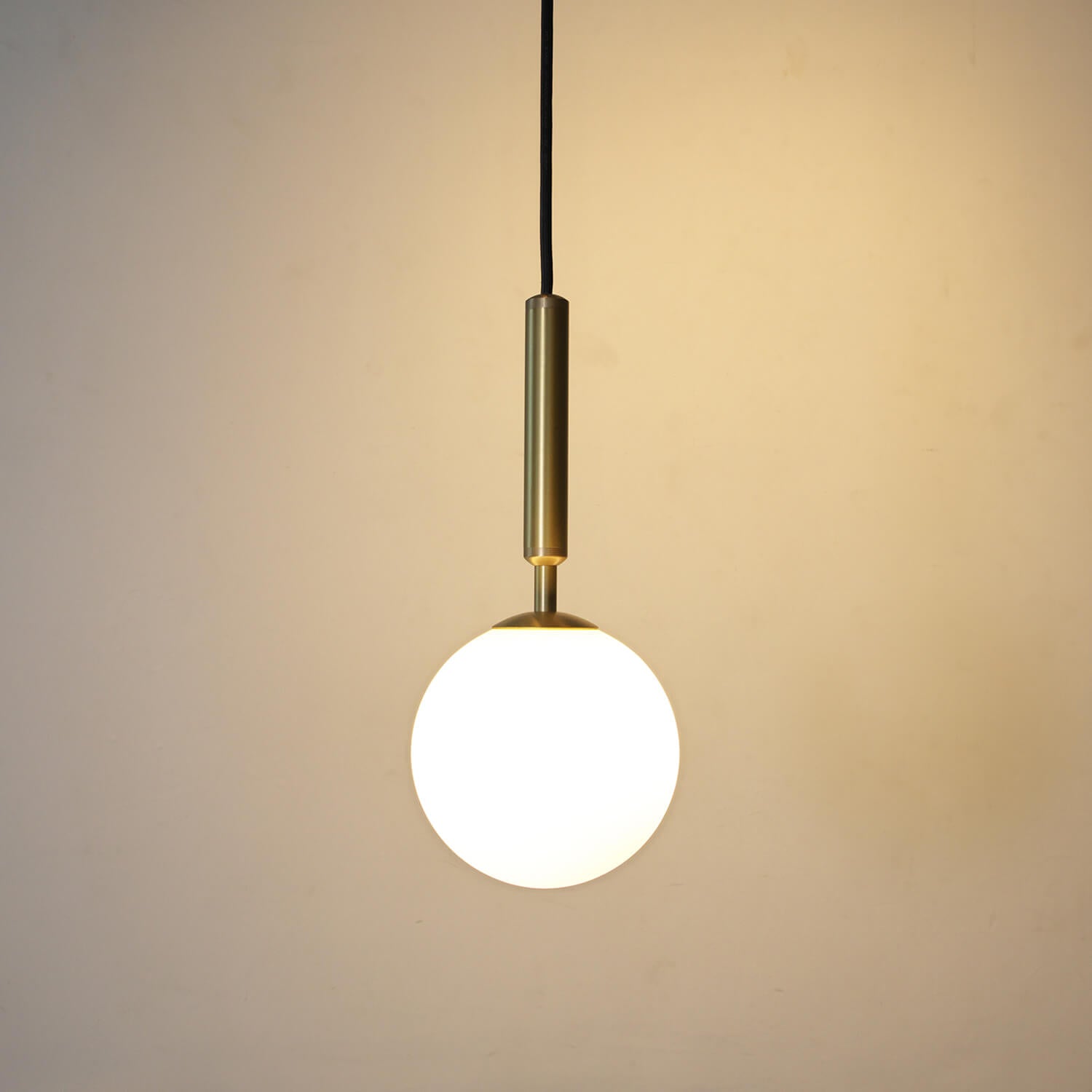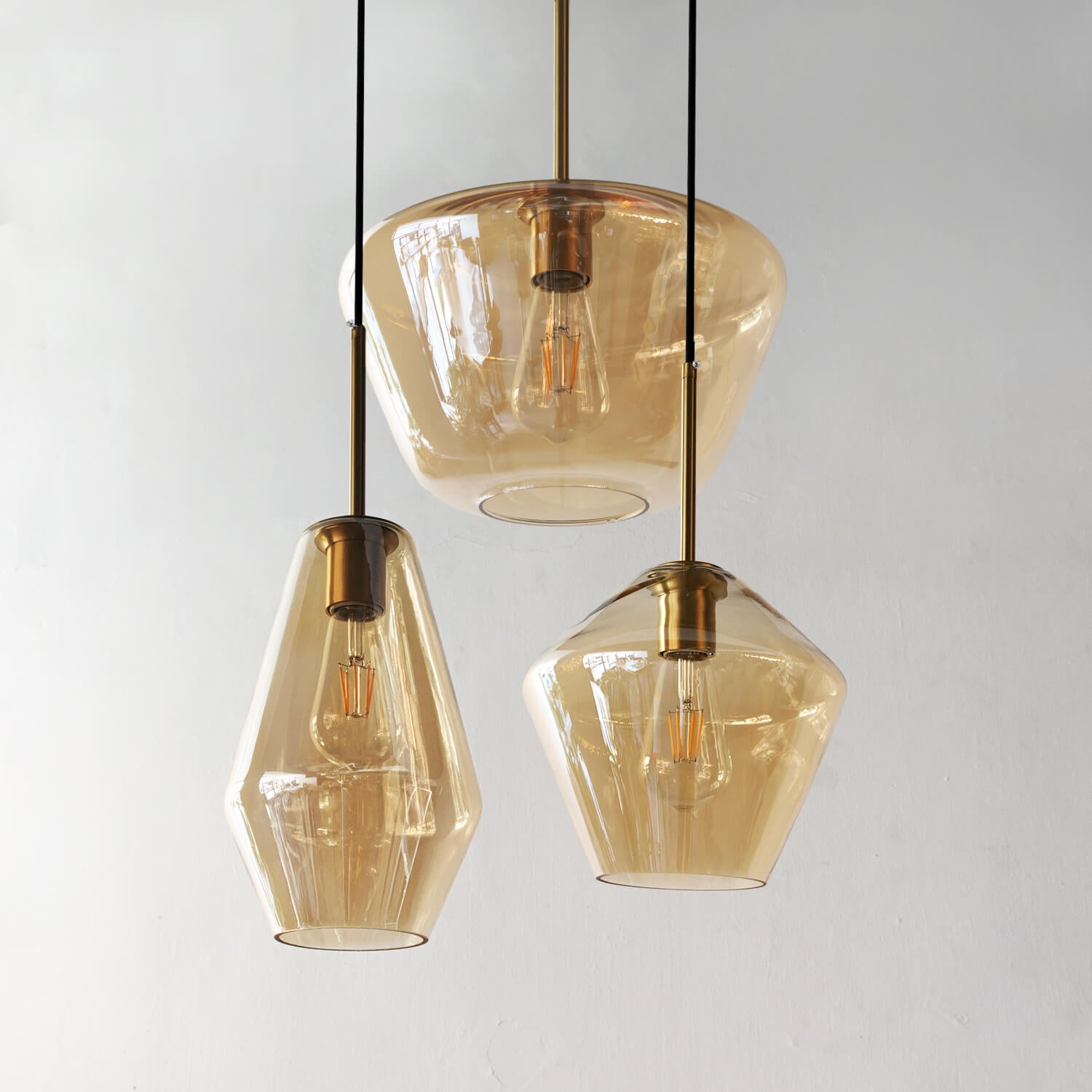Introduction
Kartell Europe is a leading design company that has been creating innovative and iconic products since 1949. Founded in Milan by Giulio Castelli, Kartell has built a legacy of merging technology with creativity to produce functional and stylish furniture, lighting, and accessories.
In this article, we will explore the history and impact of Kartell on the design industry and how the company evolved over time to become a global brand.
History of Kartell Europe
Kartell was founded in 1949 with the aim of manufacturing and selling plastic car accessories. It was only in the early 1950s that the company shifted its focus to home furnishings, starting with the production of the first plastic chair designed by Livio and Pier Giacomo Castiglioni. This was the beginning of Kartell’s foray into innovative and experimental design.
In the 1960s, Kartell cemented its reputation as a pioneering design company by collaborating with prominent designers such as Ettore Sottsass, Vico Magistretti, and Joe Colombo. These collaborations resulted in iconic designs such as the Componibili storage unit, the Fuego and Cindy lamps, and the Universale chair.
In the 1970s, Kartell expanded its product range to include bathroom accessories, and the company started to explore new materials like fiberglass, polypropylene, and PVC. This exploration of new materials resulted in new product lines such as the La Marie chair and the Gnomes.
In the 1980s and 1990s, Kartell continued to innovate with new designs and materials, including the iconic Louis Ghost chair designed by Philippe Starck. The company also expanded its global reach, opening flagship stores in New York, Paris, London, and Tokyo.
The Impact of Kartell on Design
Kartell’s legacy in design can be seen in the impact it has had on the industry, both in terms of its innovative designs and its use of materials. Kartell was one of the first companies to see the potential of plastic as a material for home furnishings, and this vision led to the creation of some of the most iconic designs in contemporary furniture.
Kartell’s designs have also been influential in shaping the aesthetic of postmodernism, with its use of bold colors and playful shapes. The company’s collaborations with leading designers have resulted in products that are not only functional but also have a strong aesthetic appeal.
In addition to its impact on design, Kartell has also been a pioneer in sustainability. The company has invested in research and development to improve the recyclability of plastic products and has also introduced eco-friendly materials such as biodegradable plastics.
Kartell Today
Today, Kartell continues to be a leading design company, with a presence in over 130 countries. The company has expanded its product range to include outdoor furniture, kitchen accessories, and lighting, and it continues to work with both established and up-and-coming designers.
Kartell’s commitment to innovation and sustainability can be seen in its recent collaborations with designers such as Jean-Michel Wilmotte and Patricia Urquiola, who have created products using eco-friendly materials such as bioplastic and recycled plastic.



